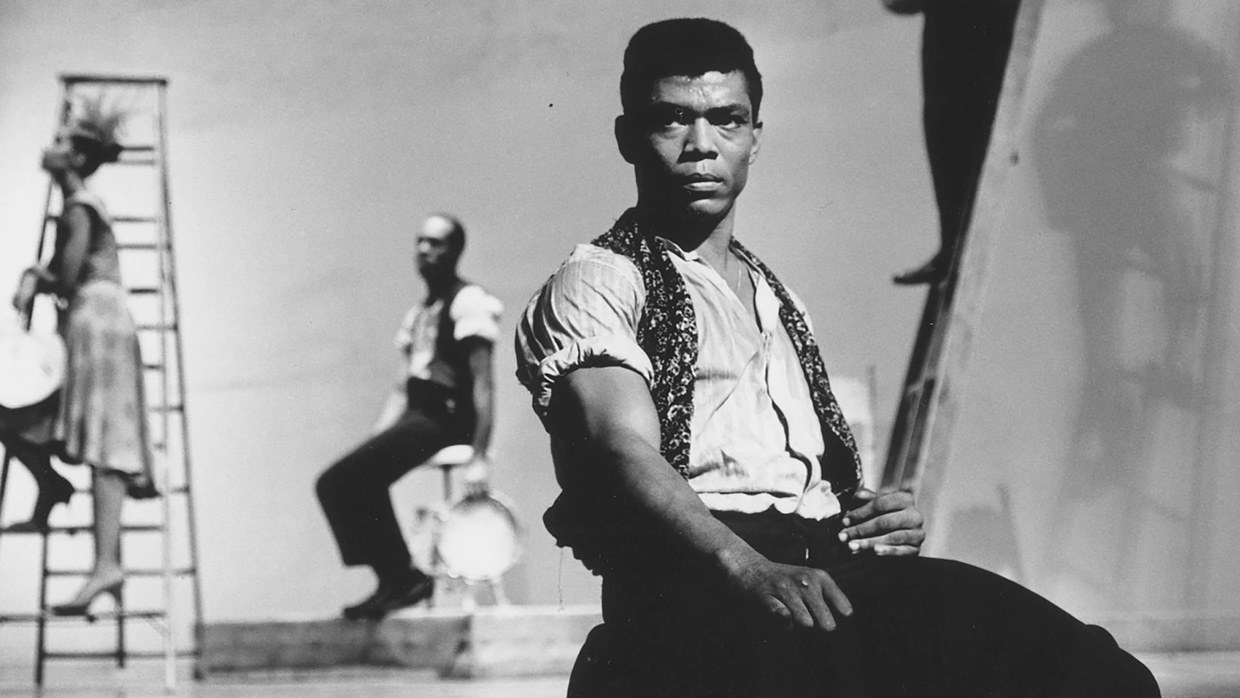 Back to selection
Back to selection
“My Film Family Was Atomized”: Director Jamila Wignot | Ailey
 Ailey
Ailey How did events of 2020—any of them—change your film, either in the way you approached it, produced it, post-produced it, or are now thinking about it?
Ailey was made in fits and starts over a period of four years. We’d raise a sum of money to cover one portion of the process, spend the money, stop down, raise more money. Rinse repeat. Stopping down and starting is always tough. You lose momentum or you risk losing key collaborators. By 2019, we’d completed the bulk of production and we were trying to figure out whether to start up our edit when, truth be told, we hadn’t secured all the funding. All films come together in the edit room, but with documentary the edit is an endless set of permutations, possibilities, and discoveries. We’d secured a fantastic editor, Annuka Lilja, and we didn’t want to lose her. We were anxious, but we decided, thanks to my producer Lauren DeFilippo, to take a leap of faith.
In January 2020, we started our full team up – the archival producer and AE to prep the edit and begin pulling in and organizing the archival materials. We rented a new edit space where Annuka would set to work in March right after SXSW where a film she’d just completed was premiering. We were slated to open our edit on March 9th. The day arrived and the city was effectively shuttered because of COVID.
My film family was atomized, working from make-shift home office set-ups in the Bronx, Brooklyn, New Jersey, and reduced to talking heads seen via video conference. Most frequently, communication happened over email. So. Many. Emails.
Plenty of films have and can be made remotely, but for me, physical proximity, simultaneity, and spontaneity matters significantly in the edit. This was particularly true for Ailey, a film that was meant to be immersive and sensorial, that was about bodies in motion, about breath. We hoped to take our audience on an experiential journey, but we were going to chart our course away from each other. Gone was the random lunch or coffee break conversation that might lead to a new perspective on the material. Gone was a real time response to a particular sequence. Gone was the crucial nonverbal communication that informs so much of how a film takes shape. No longer seated together in the same physical space, we couldn’t experience ourselves leaning in together because of a particular resonate moment, feel ourselves fidgeting in boredom in another, or share a box of tissues to wipe away tears of sorrow and joy. The thrill of the movies is gathering by choice in a room full of total strangers and sharing in a collective experience. That first taste of that is the shared experience that takes place in the edit room.
Like every single person on the planet, we adapted. And we were exceptionally fortunate. We were able to continue to make our film, to feed ourselves, we had our health. We spent our days with Mr. Ailey whose passion sustained and nourished us, inspiring us to pay attention, to be tenacious, and to consider the power of beauty and love and caring. Stuck in our homes, with so few distractions, we probably immersed ourselves more deeply in his words and work than we might have otherwise. For that, I am extraordinarily grateful.
All the above said, Mr. Ailey’s work is also a tribute to collectivity, to community, to the power of coming together in shared physical spaces. The process of conducting an edit remotely has made me long for proximity to people. I look at the scenes of the rehearsal process we follow in Ailey and thrill at the sight of a room of dancers moving and breathing together, creating as Mr. Ailey says, “something where there was nothing before.” We have a long time to go before we can come together, but I eagerly await the day. I’ll head for a desired row in the theater and if the only open seat is the one right next to a total stranger, I’ll gladly take it.
(Check back daily during the festival — new answers are uploaded on the day of each film’s premiere. Read all the responses here.)
